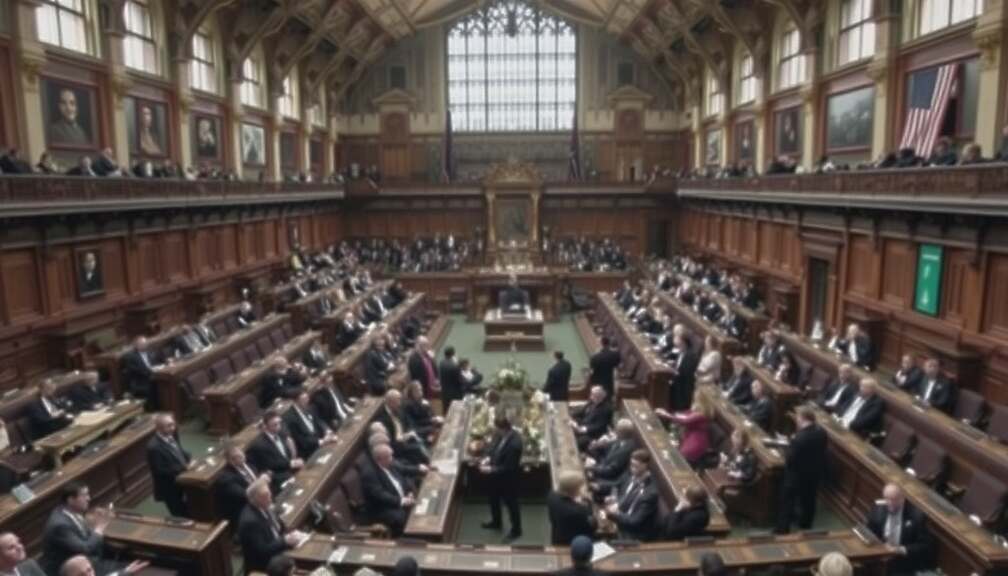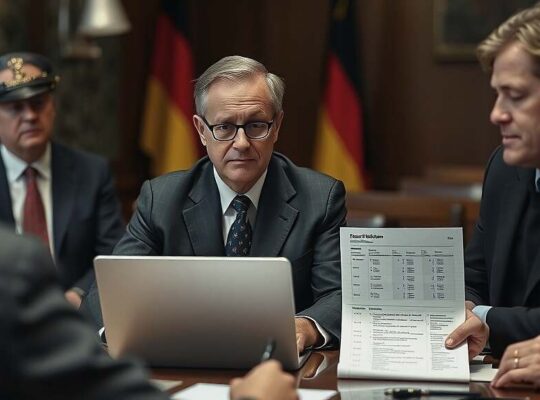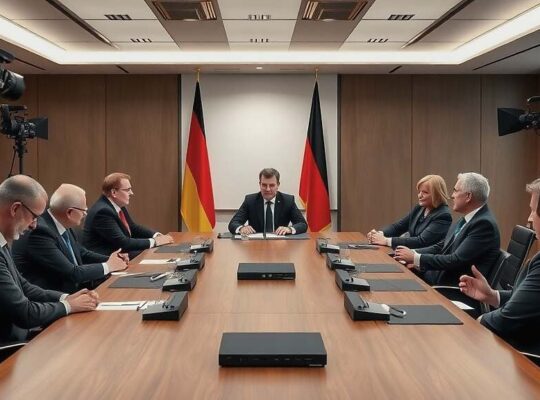The German Bundestag has approved the budget for the current fiscal year, marking a significant step forward after a period of prolonged delay. The motion, passed Thursday afternoon, secured the support of 324 parliamentarians with 269 voting against and no abstentions recorded.
Federal Finance Minister Lars Klingbeil (SPD), in a final address preceding the vote, defended key elements of the budget, notably the establishment of a new special fund. He characterized this as a “major paradigm shift” in German financial policy, highlighting plans for record investments totaling €115 billion in 2025. Klingbeil emphasized that parliamentary approval would allow these funds to begin flowing.
The approved budget for 2025 outlines planned expenditures of approximately €502.55 billion. This represents a reduction of €460 million from the initial budget proposal submitted by the government, a modification made during a recent review by the Budget Committee on September 4th. Despite this reduction, planned expenditures remain 5.4% higher than the 2024 baseline.
Tax revenues remain projected at €386.84 billion, unchanged from previous estimates. Other revenues show a decrease of €460 million and are now set at €33.92 billion. The net borrowing requirement for the core budget remains at €81.87 billion, alongside substantial additional borrowing from dedicated funds such as the infrastructure special fund.
Alongside the budget approval, a related budget law was also passed. This legislation primarily implements a new fiscal rule allowing for partial exclusion of security-related expenditures from the constitutional debt ceiling.
The approval process for the 2025 budget had been significantly delayed due to political disagreements, leading to the implementation of a provisional budget management system since the beginning of the year.












